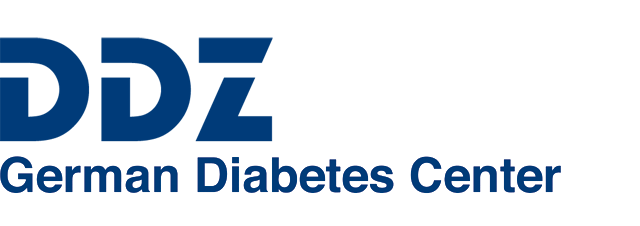In the PLIS Study, individualized prevention seeks to identify the most suitable diabetes prevention offer for various patient groups to avoid or delay diabetes onset. The main study is led by Andreas Fritsche (Paul Langerhans Institute for Diabetes Research and Metabolic Diseases Tübingen,) and Norbert Stefan (medical clinic IV, University of Tübingen). Health economic evaluation is performed under the leadership of the ISE in close cooperation with the Helmholtz Center Munich and the study centers.
Aim
A health economic evaluation in the form of a cost-effectiveness/cost benefit analysis, which also considers patient time costs for lifestyle changes.
Project Lead and Contact Person
Cooperations
- Paul Langerhans Institut Tübingen für Diabetesforschung und Metabolische Erkrankungen
- Institut des Helmholtz Zentrums München an der Universität Tübingen
- Helmholtz Zentrum München
- Medizinische Klinik IV, Universität Tübingen
Funding
- Deutsche Zentrum für Diabetesforschung (DZD)
- Bundesministerium für Bildung und Forschung (BMBF)
Methods
Extending the data collection of the PLIS study to include instruments to elicit health-related quality of life, health care use as well as patient time costs and indirect costs. Based on these variables, costs, diabetes cases and quality-adjusted life years (QALY) are calculated for intensive and conventional lifestyle intervention as well as for the control group. Finally, incremental cost-effectiveness ratios are calculated regarding costs per QALY gained and per prevented case of diabetes. The incremental cost-effectiveness ratios are calculated both for a societal perspective as well as for the statutory health insurance perspective.
Duration
2012-2020
